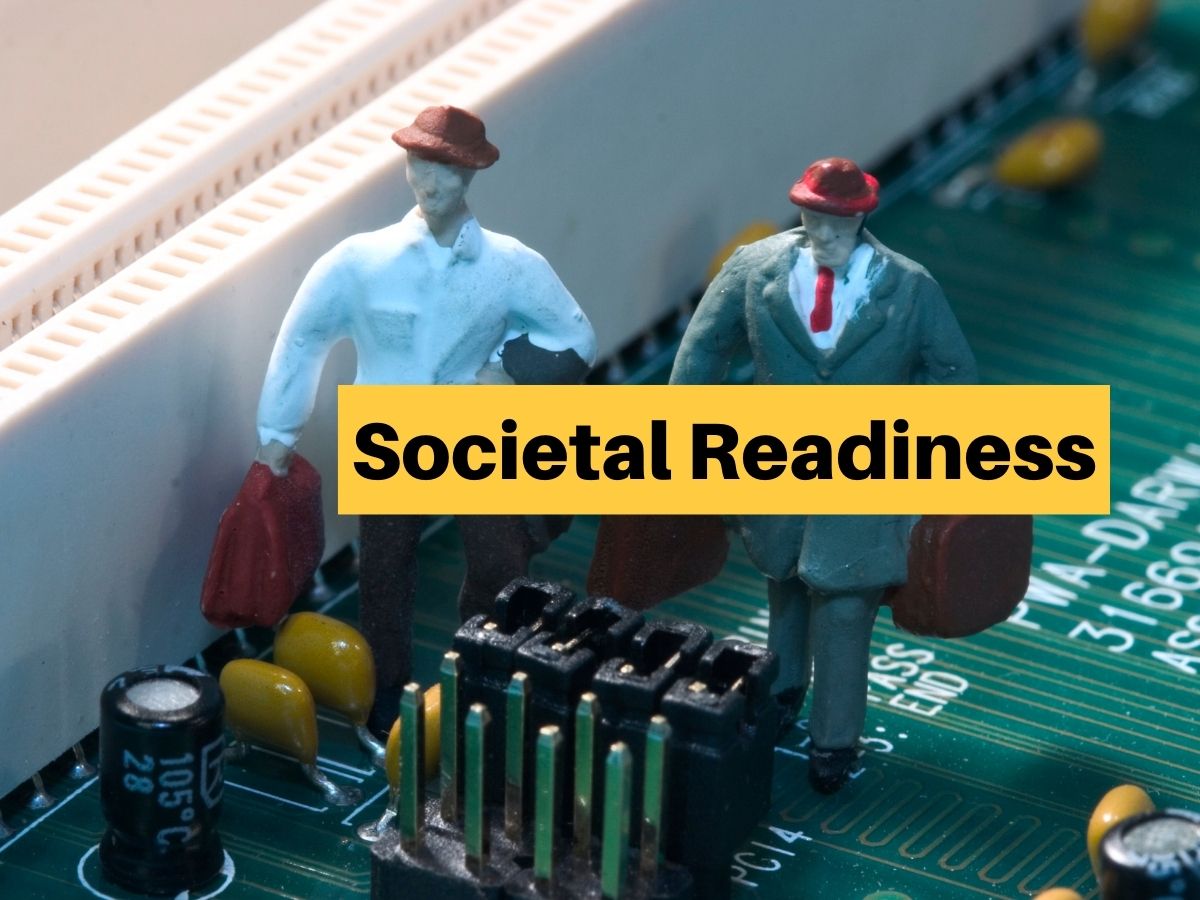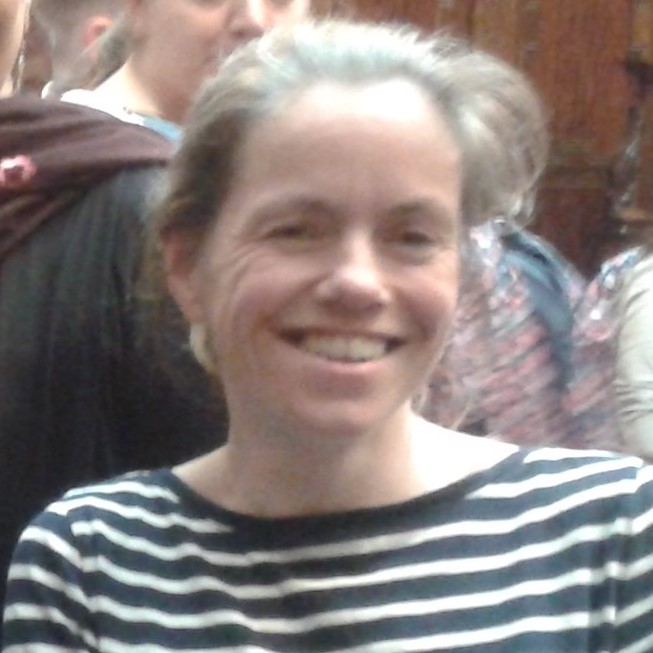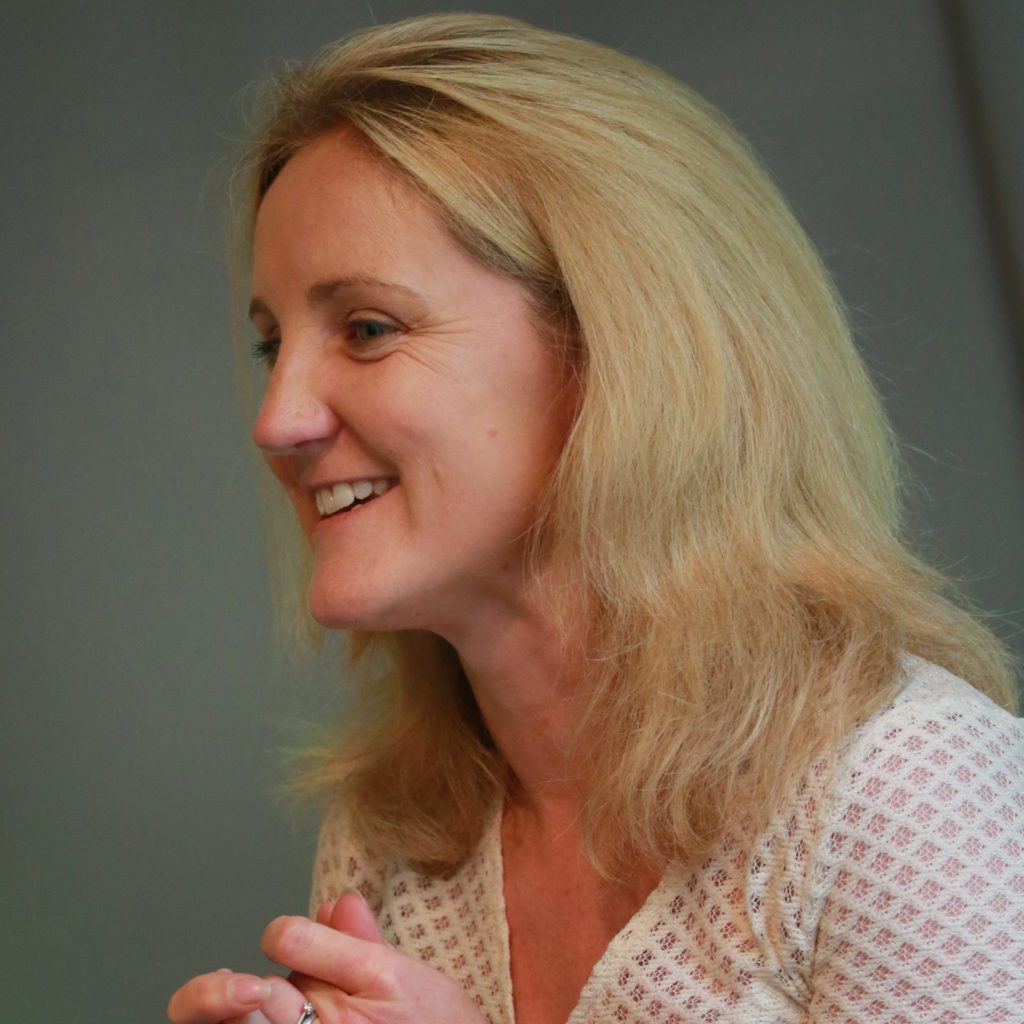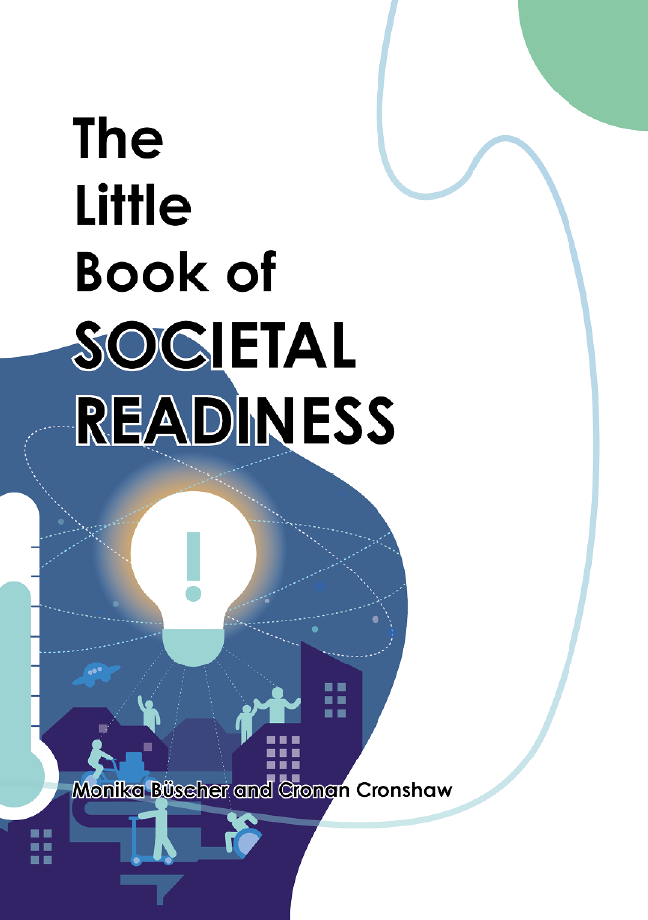The DecarboN8 Societal Readiness Assessment Framework shows that it is not enough to ask ‘is society ready for climate change mitigation and adaptation measures?’. Increasing people’s motivation is tightly coupled with increasing their capacity for change.
Many zero-carbon innovations are simply not ready for society. Many zero-carbon policies, technologies, business models, products, and services are too difficult to implement as part of everyday life, they have unanticipated consequences, and they fail to deliver sufficient carbon savings.
Part of the problem is a lack of systemic and structural innovation, but there is also much that could be done to improve the ambition and quality of innovations.
The DecarboN8 Societal Readiness Assessment methodology provides a framework and tools that support a creative, constructive, reflexive formative evaluation to increase the societal readiness of innovations, and thereby expand people’s capacity to change their practices and choices.
It can complement Technology Readiness, Market Readiness, and System Readiness Assessment by enabling attention to social and ethical aspects and by translating insights into ‘better’ futures with more sustainable, more useful, useable, and decarbonising zero-carbon policies, technologies, business models, products and services.

Stakeholder Reference Group
DecarboN8’s Stakeholder Reference Group informed not only the development of this Societal Readiness Assessment methodology, they also provided guidance, evaluation and advice throughout DecarboN8 to help make our research and events more inclusive and impactful.
The Little Book of Societal Readiness
Informed by DecarboN8 research, The Little Book of Societal Readiness outlines research on social and ethical aspects of innovation for a low-carbon mobility transformation. It covers:
- The meaning of societal readiness and what makes the Societal Readiness Assessment Framework generative, like seedballs.
- How societal readiness can be assessed using reflective questioning, key value indicators, and societal readiness levels.
- What can be assessed.
- Why a place-based approach is fundamental to societal readiness.
- Why social acceptance of low carbon innovations is not a worthy aim.
- Why dissent is integral to low carbon futures and how to enable it.
- Why discourses of responsibility are inadequate and response-able approaches are needed.
Co-designing a zero-carbon mobility future
In November 2022, DecarboN8 and the Zero Carbon Cumbria Partnership brought together 80 researchers, policymakers, community groups and local businesses to explore options for delivering zero carbon transport for Cumbria by 2037. This ‘instant journal’, produced at the event, showcases three positive future mobility scenarios which Cumbria could seek to develop, and contrasts these with the risks of doing nothing, or too little too late.







